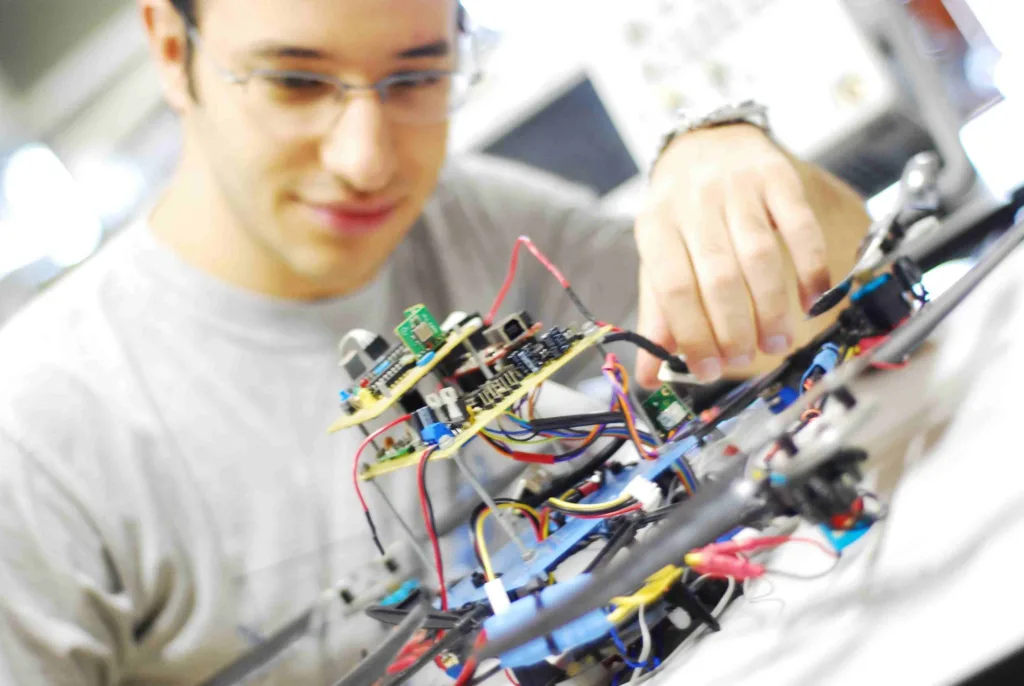Early childhood education in Singapore is pivotal for a child’s future success. With a strong emphasis on lifelong learning, it prepares children for Singapore’s competitive society. Through holistic development, including critical thinking and problem-solving skills, it equips them for the challenges ahead. Singapore’s early childhood education also fosters partnerships between educators, parents, and communities, ensuring a cohesive approach to learning. Additionally, it prioritizes inclusivity, providing tailored support for every child’s needs. In essence, early childhood education in Singapore lays a solid foundation for lifelong learning and societal contribution.
The Importance of Learning in the Early Years
Early childhood education at Singapore American schools are crucial as they leverage children’s natural curiosity and rapid cognitive development during their early years. Studies suggest that the first three years of a child’s life are optimal for learning. This highlights the significance of early childhood education in shaping a child’s future development.
During this time, children experience significant growth in neural connections, known as synapses, which peak around the age of two. This period of rapid brain development presents a unique opportunity to provide high-quality early childhood education, as children’s brains are more receptive to learning and forming essential skills.
Early literacy and numeracy skills, emotional, physical, and mental health development, and the establishment of a solid foundation for lifelong learning are all critical aspects of early childhood education.
- Learning Early Literacy and Numeracy Skills
Quality and innovative preschool education sets children up for success in kindergarten and beyond. Studies show that children who attend preschool programs perform better in math and reading assessments. Beyond academic achievement, early childhood education fosters a lifelong passion for learning, enriching every aspect of a child’s development.
- Enhancing Kids’ Creativity
Preschool programs that emphasize play and creative activities stimulate children’s imagination and problem-solving skills. Engaging in activities such as creative play, drama, arts and crafts, music, and dancing nurtures children’s creativity and mental agility.
- Becoming Socially Active
Early childhood education promotes both prosocial and other social behaviors in children. In a preschool setting, children learn essential social skills such as active listening, effective communication, emotional expression, and collaboration.
Moreover, interacting with peers from diverse backgrounds fosters empathy, tolerance, and respect, laying the groundwork for positive social relationships in the future.
Conclusion
In summary, high-quality early childhood education programs play a pivotal role in shaping children’s future success and development. By providing a nurturing and stimulating environment during the critical early years, preschool programs unlock children’s intellectual potential and prepare them for a lifetime of learning and growth. Investing in early childhood education is investing in the future of our children, ensuring they reach their full potential in school and beyond.



